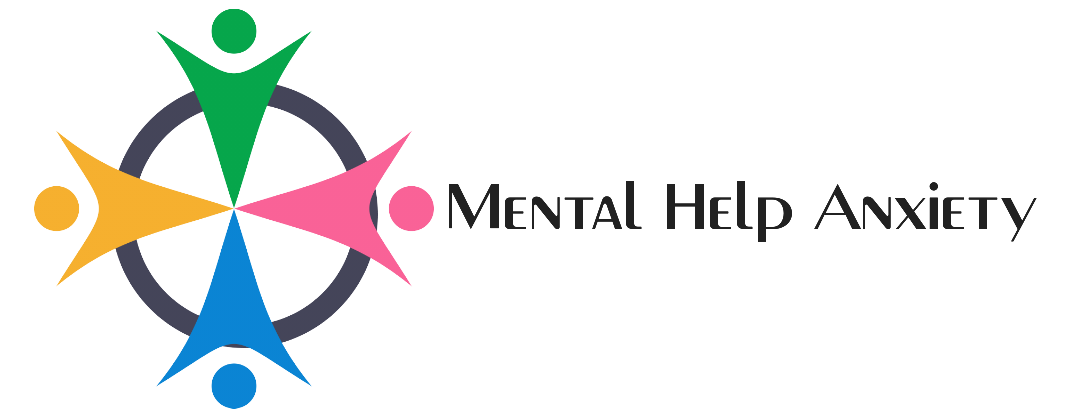The fear of heights, scientifically known as acrophobia, is a widespread phobia that affects a significant portion of the global population, making it a shared experience for many. This intense fear can trigger anxiety, panic attacks, and physical symptoms such as dizziness, sweating, and trembling when an individual is exposed to high places or even imagines being at a great height. While it might seem irrational to some, this fear often has deep-seated psychological and evolutionary underpinnings.
The Evolutionary Perspective
From an evolutionary standpoint, the fear of heights makes perfect sense. For early humans, falling from heights posed a significant risk to survival. Natural selection likely favored individuals who were cautious around cliffs, trees, and other elevated terrains. Over time, this careful behavior may have evolved into an innate wariness of heights. Although modern humans rarely encounter life-threatening heights daily, this ancient fear persists in many people.
Psychological Factors
Psychologically, acrophobia can develop through various pathways. A traumatic experience, such as falling or witnessing someone else fall, can lead to a lasting fear of heights. Additionally, individuals with a predisposition to anxiety disorders may be more susceptible to developing acrophobia. The fear is often reinforced over time as individuals avoid situations involving heights, preventing them from overcoming their anxiety and perpetuating the phobia.
Symptoms and Impact
The symptoms of acrophobia vary in intensity but can significantly impact a person’s quality of life. Common symptoms include rapid heartbeat, shortness of breath, nausea, and a feeling of losing control. In severe cases, even climbing stairs, standing on a balcony, or looking out a high-rise window can be overwhelming. This fear can limit career choices, recreational activities, and social interactions, creating a sense of isolation.
Coping Strategies and Treatments
Fortunately, there are highly effective ways to manage and treat acrophobia. Cognitive-behavioral therapy (CBT) is one of the most common and successful methods. CBT helps individuals identify and challenge their irrational thoughts about heights while gradually exposing them to fear-inducing situations in a controlled and supportive environment. Virtual reality (VR) exposure therapy has also emerged as a promising tool, allowing individuals to confront their fear of heights in a simulated setting without physical risk.
Relaxation techniques, such as deep breathing and mindfulness, can help individuals manage their anxiety when faced with heights. In some cases, medication may be prescribed to reduce acute anxiety symptoms, though it is typically used in conjunction with therapy.Anxiety and depression are two of the most prevalent.
Overcoming the Fear
Overcoming acrophobia is a journey that requires patience, persistence, and, most importantly, support. While the process can be challenging, many people find that confronting their fears leads to a profound sense of accomplishment and an improved quality of life. Understanding the origins of the fear, seeking professional help, and practicing coping strategies are essential steps toward overcoming acrophobia.
Conclusion
The fear of heights is a profoundly ingrained phobia affecting millions. Rooted in evolutionary survival instincts and shaped by personal experiences, this fear can be debilitating and life-limiting. However, with the right tools and support, individuals can learn to manage and conquer their fear, opening the door to new experiences and opportunities. By addressing acrophobia head-on, it is possible to transform fear into confidence and freedom.


